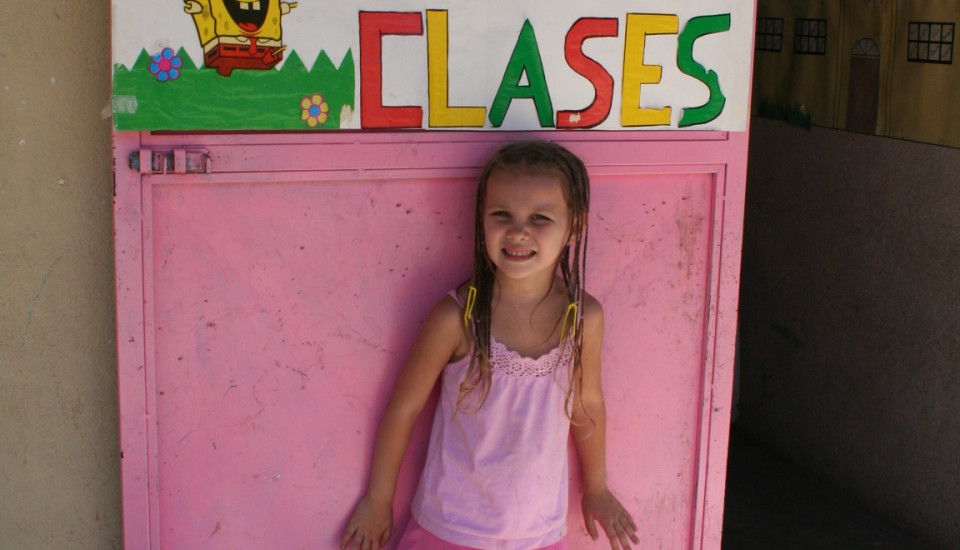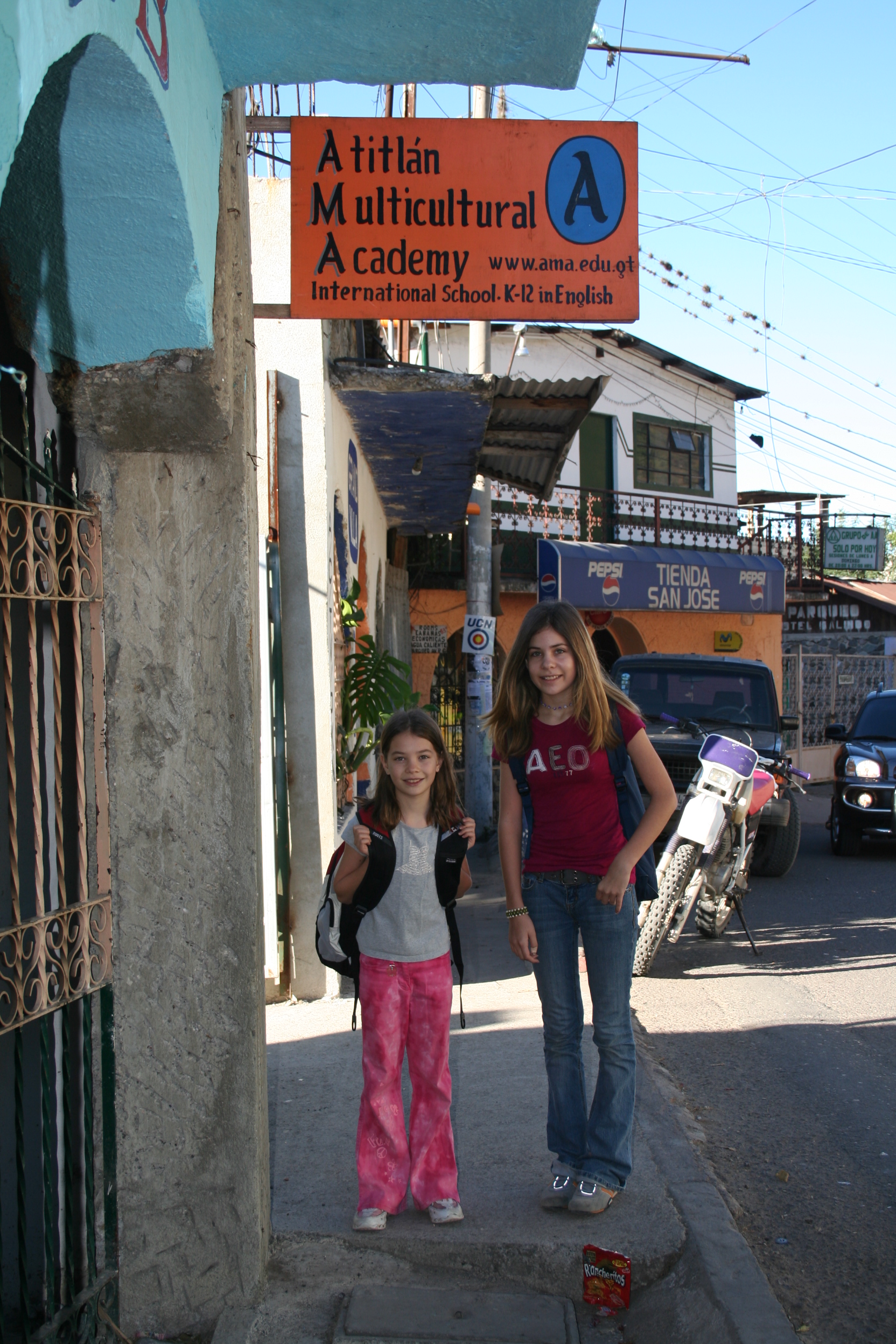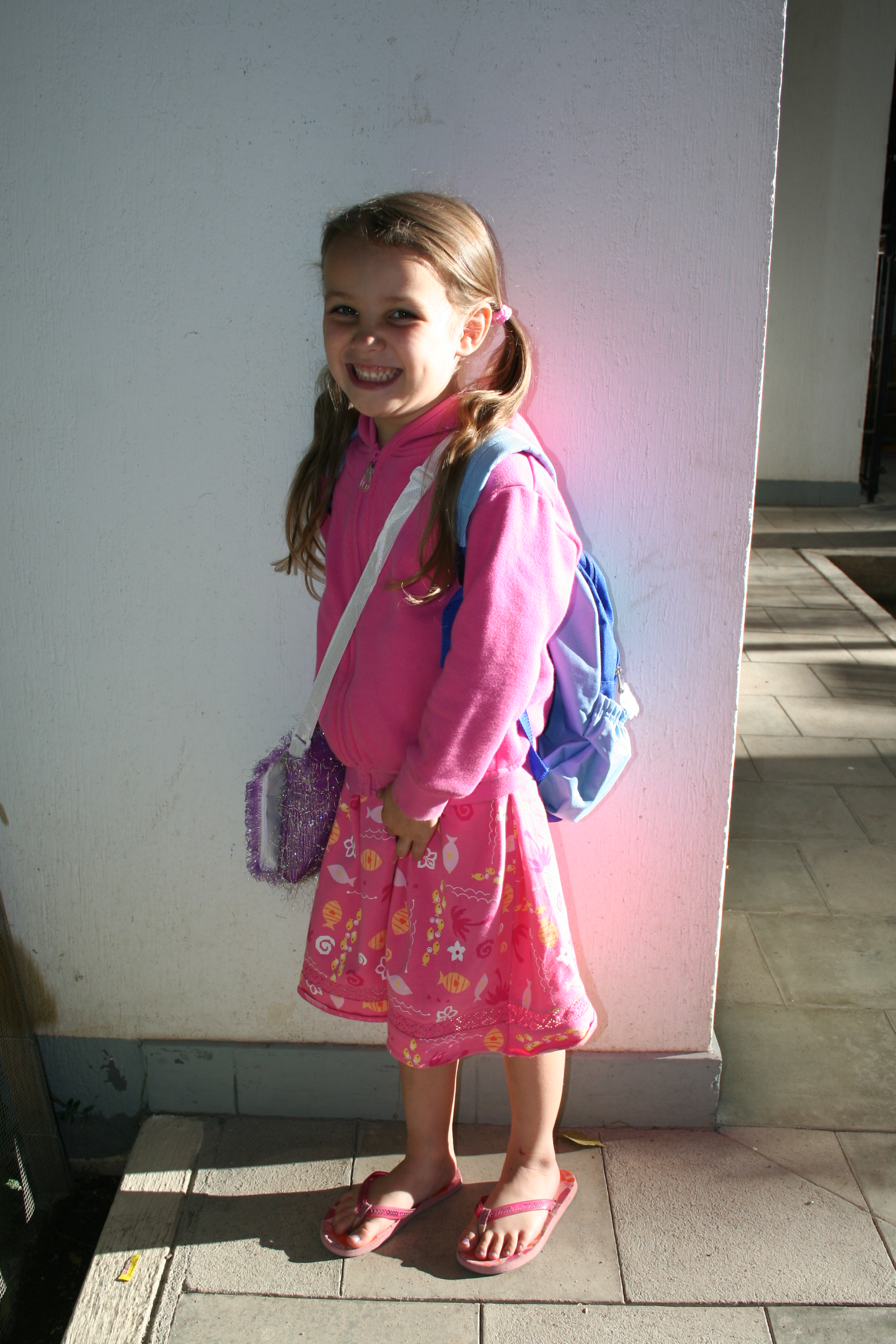Adjusting to a new school in a new country will present to you, as a parent, many opportunities to flex your creative-solutions mental muscles. If your child has ever moved to a new school, you know there are ups and downs to the adjustment period. Moving that experience into a different culture will pose the same new issues and a few you’ve likely never had before.
On the positive side, like any new move, your kid can make a clean start. They bring no history with them and can be exactly the person they are, free from any preconceived notions. For some kids that’s freeing.
Make sure your kids are placed in the correct classes. One of my daughters ended up being bumped up two classes in English because the course for her grade was too simple. In math we signed her up for extra help because they were covering things she was unfamiliar with. These changes should be done as soon as possible, because once the term progresses, the school may be less likely to allow class changes.
Look for tutors early. It will be obvious fairly early on what areas you may want to supplement with outside help. This includes subject areas that you already know your child needs strengthening. Highly qualified tutors are everywhere, and easy to find online if you are in a remote area.
Don’t hesitate to connect with the teachers even if you don’t know the language well. You will get the message across. They know nothing about your child’s strengths or where they need extra help. It will be helpful to stay in regular contact with the teachers, especially in the beginning. Initially, show your face often. Drop off and pick your kids up so teachers can easily pull you aside if they have concerns, and vice versa. I also try to volunteer in the school generally as opportunities present themselves. It’s good to be invested in the school overall.
We’ve learned that girl to girl drama is a worldwide constant. There will be girl pre-established cliques, triangles, sleepovers, online nonsense. You just have to keep fighting the good fight to raise kind, empathetic people.
For younger children, if your child has a favorite backpack, bring it with you. On the other hand if your child doesn’t want to stand out with a foreign backpack, you can buy one locally that will blend in with the other kids.
When in a developing country, we are sensitive to the poverty that many of the kids live with. We downplay any signs of affluence. We don’t take fancy name brand clothing or shoes with us. We pack lunches similar to what others bring. Part of the cross-culture experience is learning how to be sensitive to people who live in vastly different economic realities. Downplaying our North American affluence is just the kind and smart thing to do, especially when one is trying to fit into a new school.
Our girls had to adjust to the amount of theft that happens in a poorer setting. Our youngest daughter attended a public preschool in the afternoons. She was only four years old. Her class had forty-two kids and one exhausted, overworked teacher. It was like the wild, wild west of preschools. The first day I sent her to school, I thought
she would come home a mess, but she didn’t. So, I sent her the next day. She was coping with the chaos without any
problems.
One day she came home and said someone stole all the crayons out of her pencil case. The next day she took another box, those disappeared too. We went out and got boxes of crayons, and put a new one in her bag every time they disappeared. When everyone in the class had new crayons, the stealing stopped.
Little by little, the kids will assimilate into their new school. It may be easy (our youngest seems to always have a handful of friends after the first day of school) or it may take longer. But by the end of your stay, it’s likely that your kids will have many new friends to say good-bye to.


